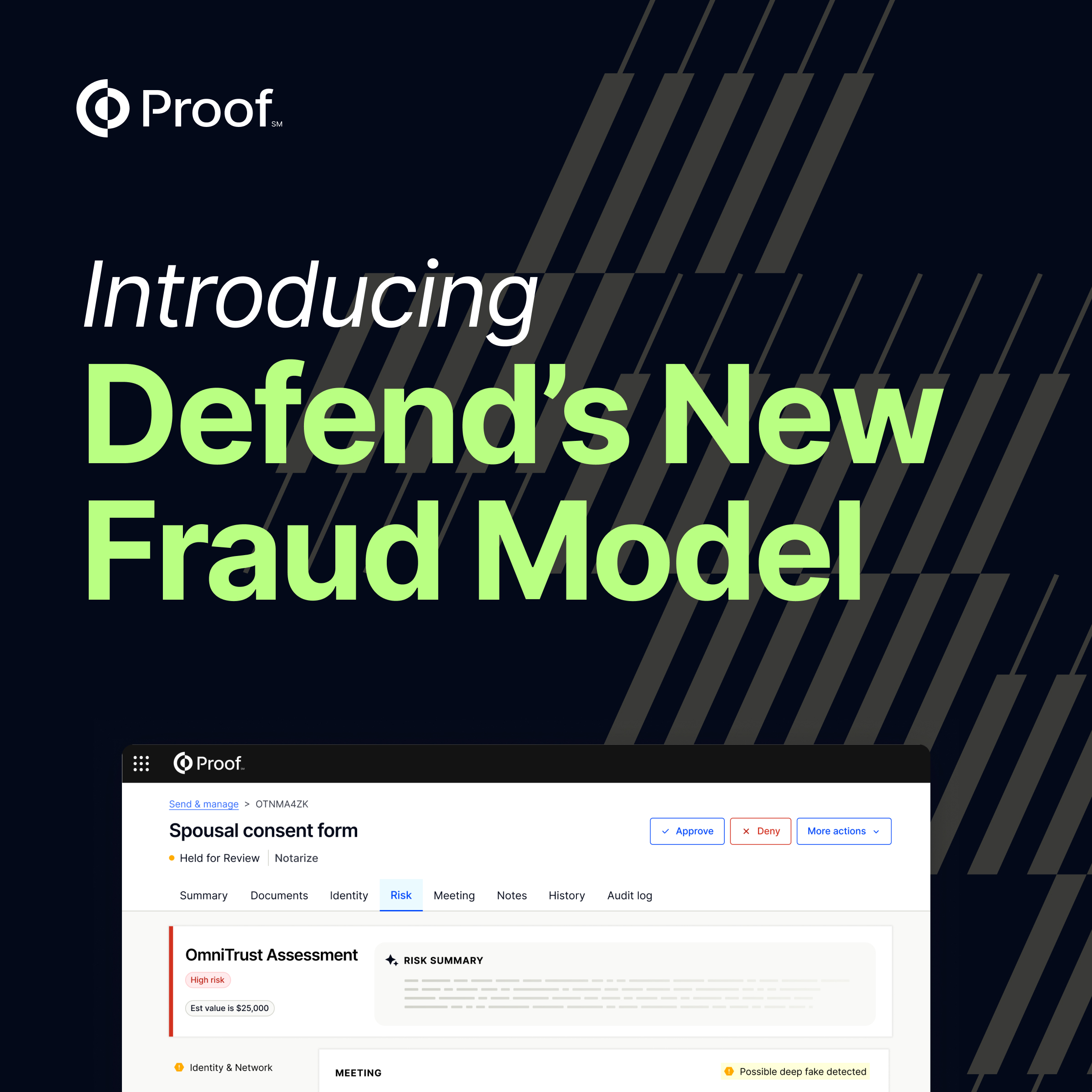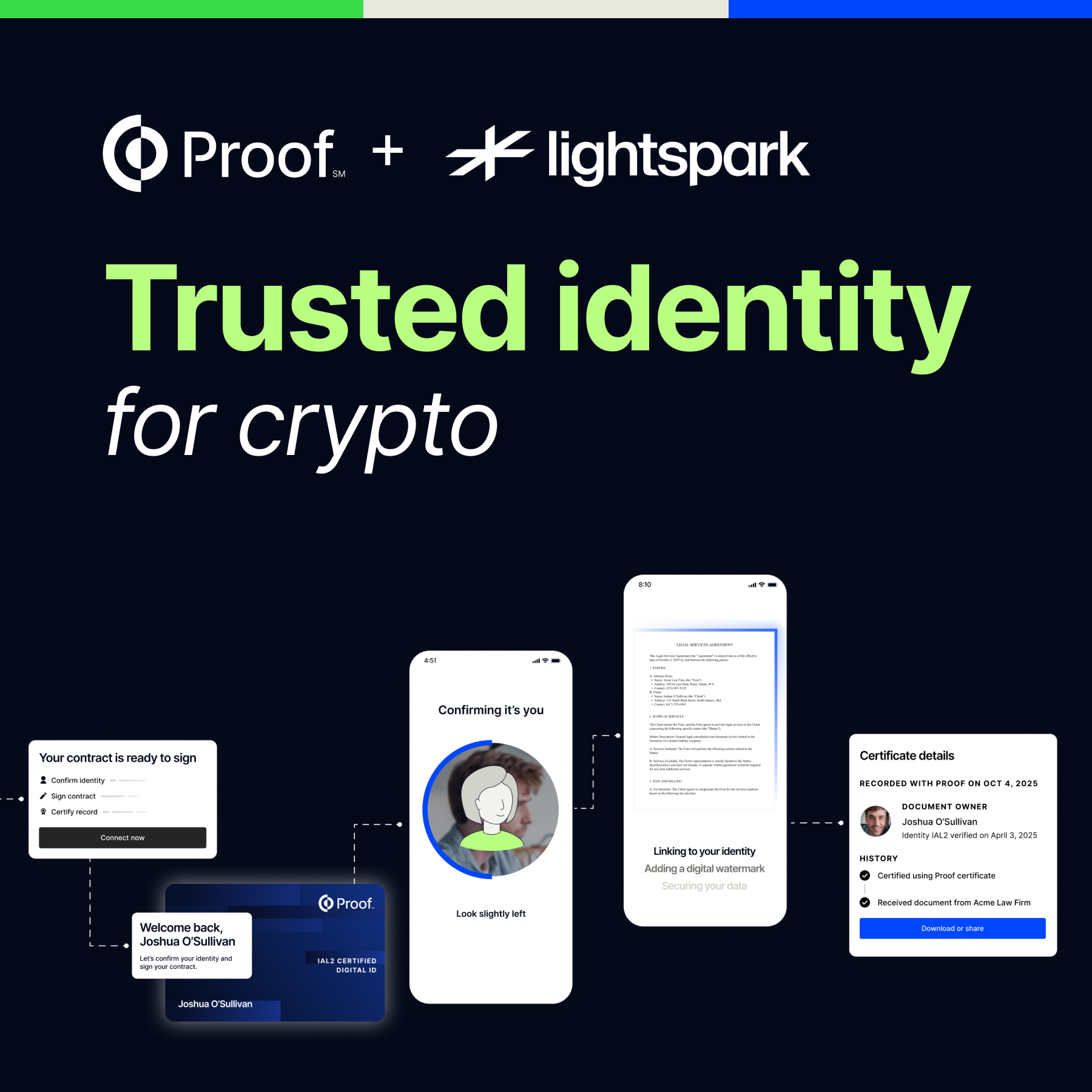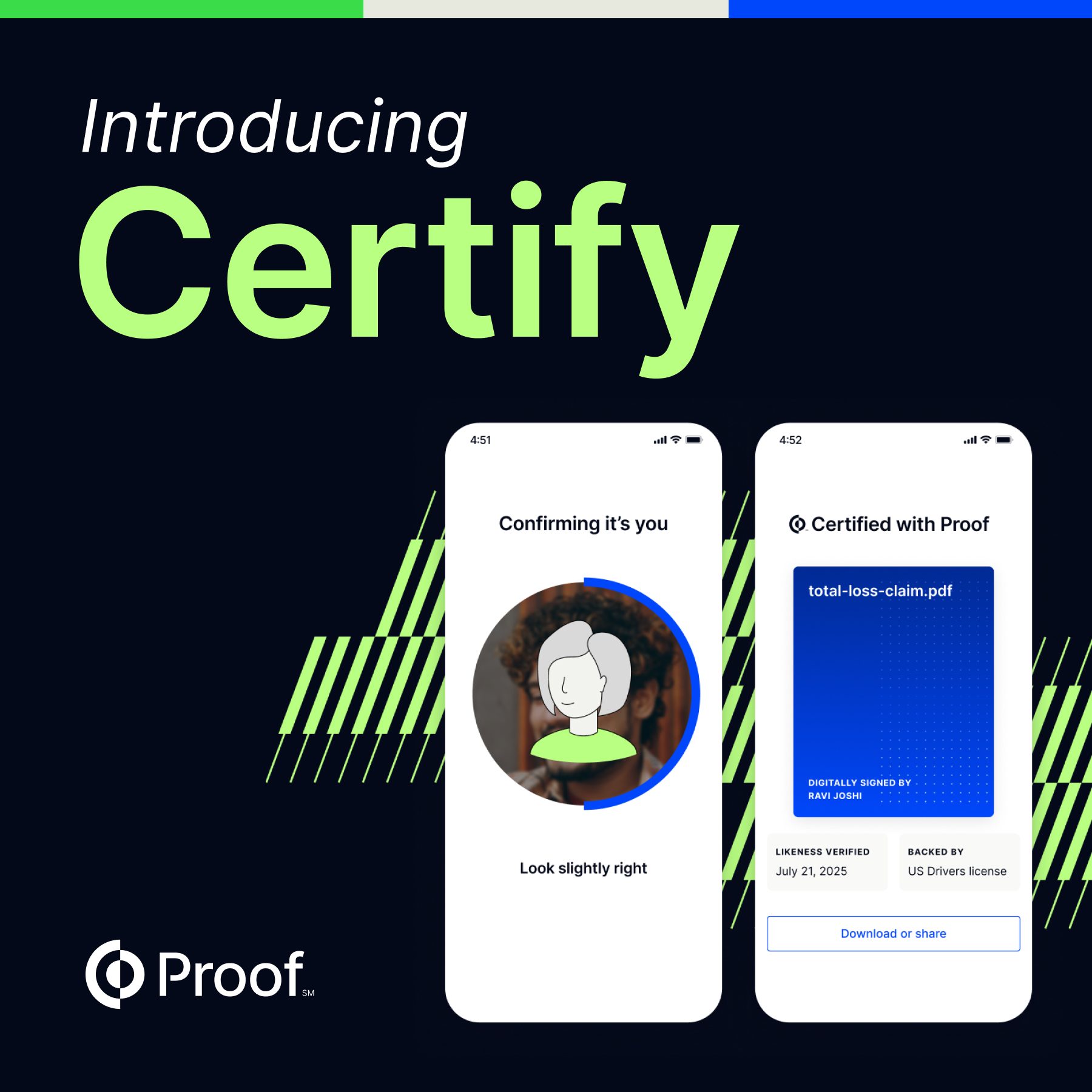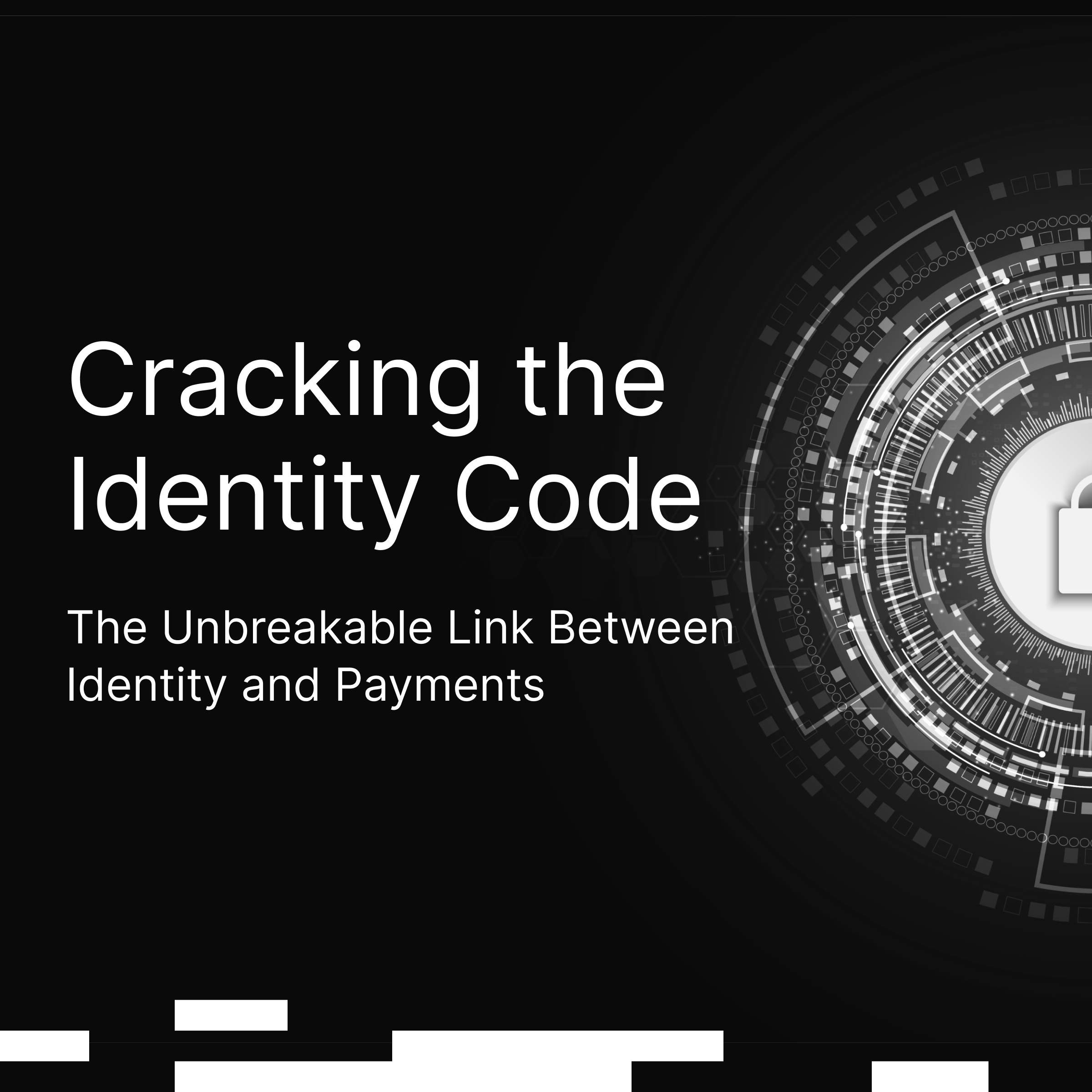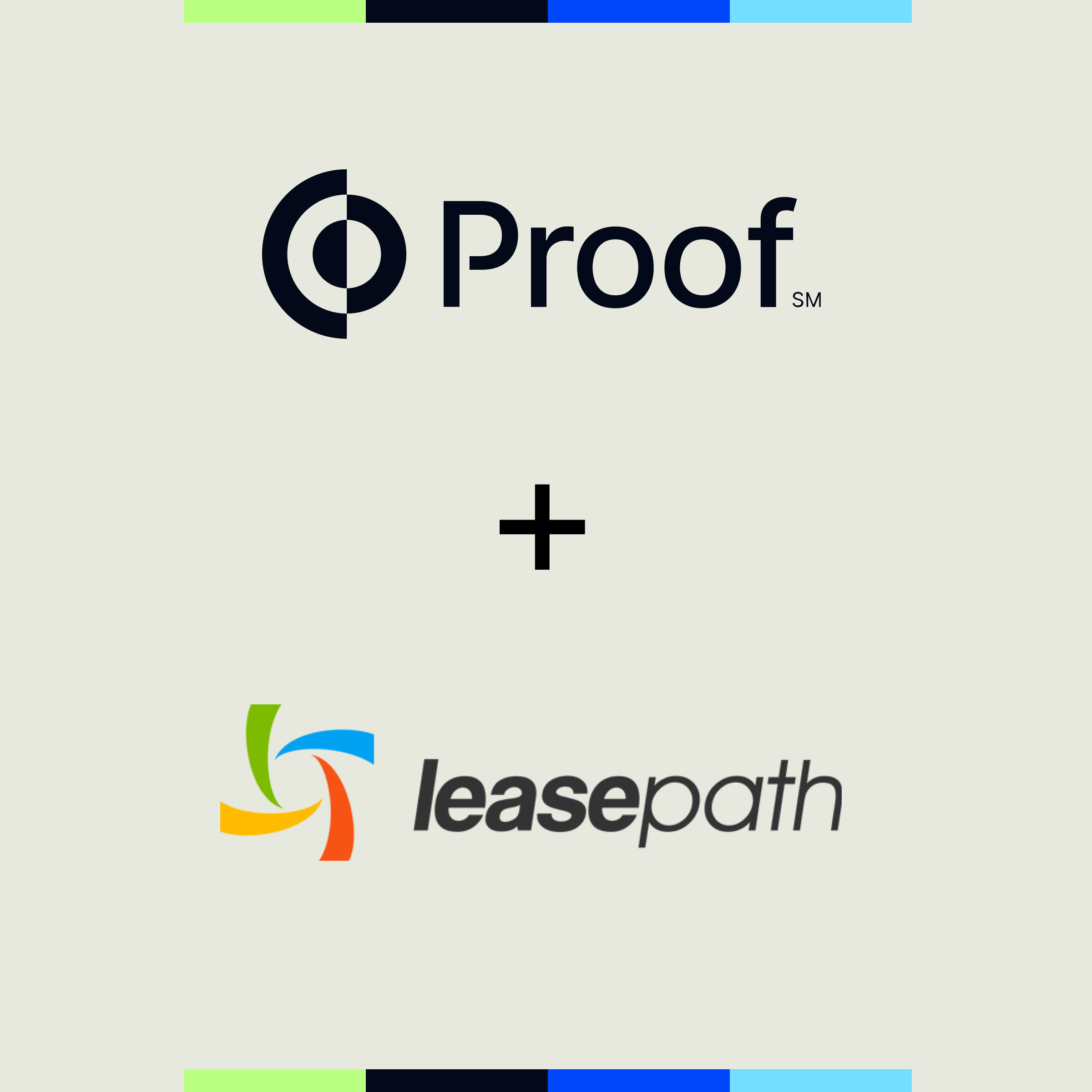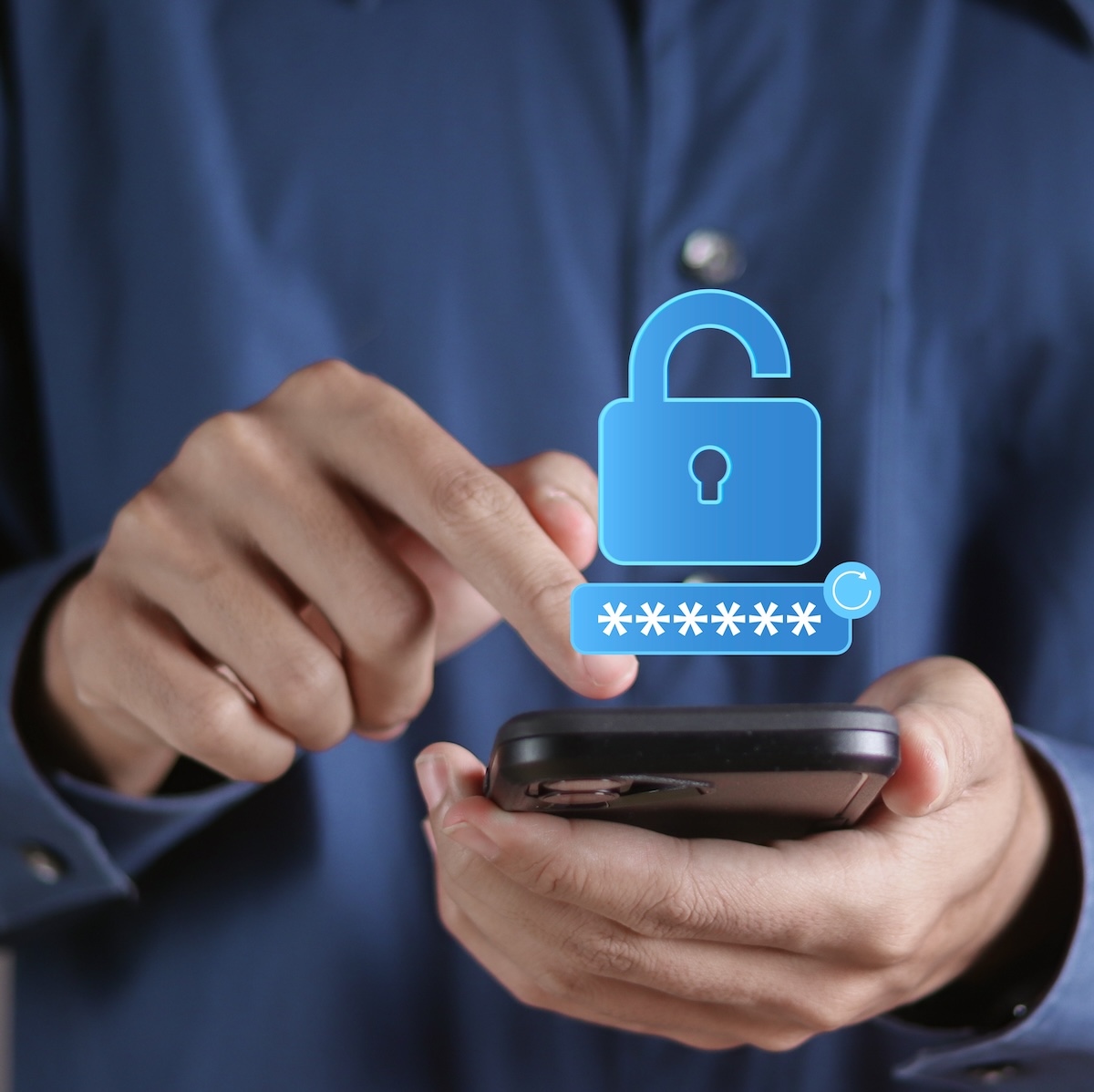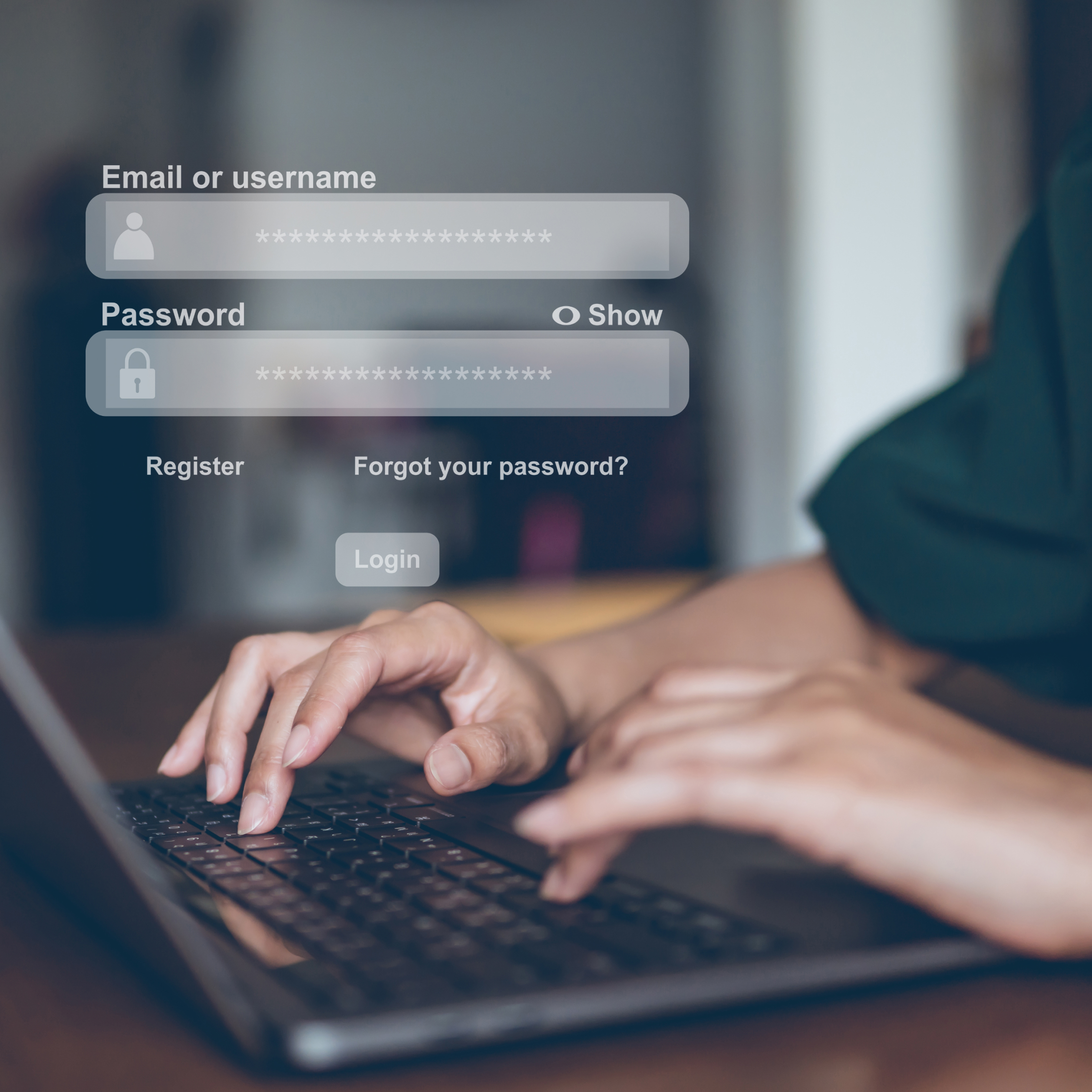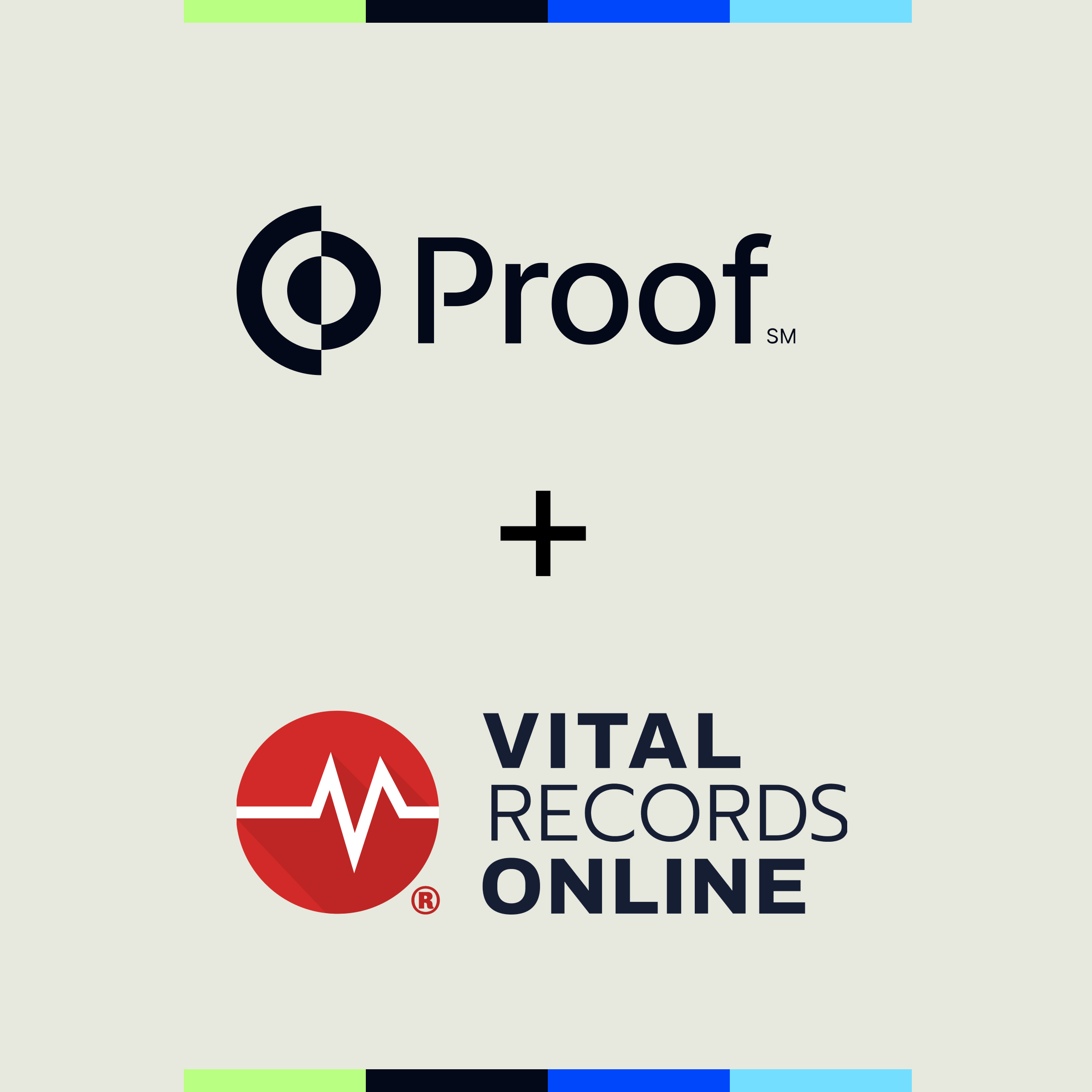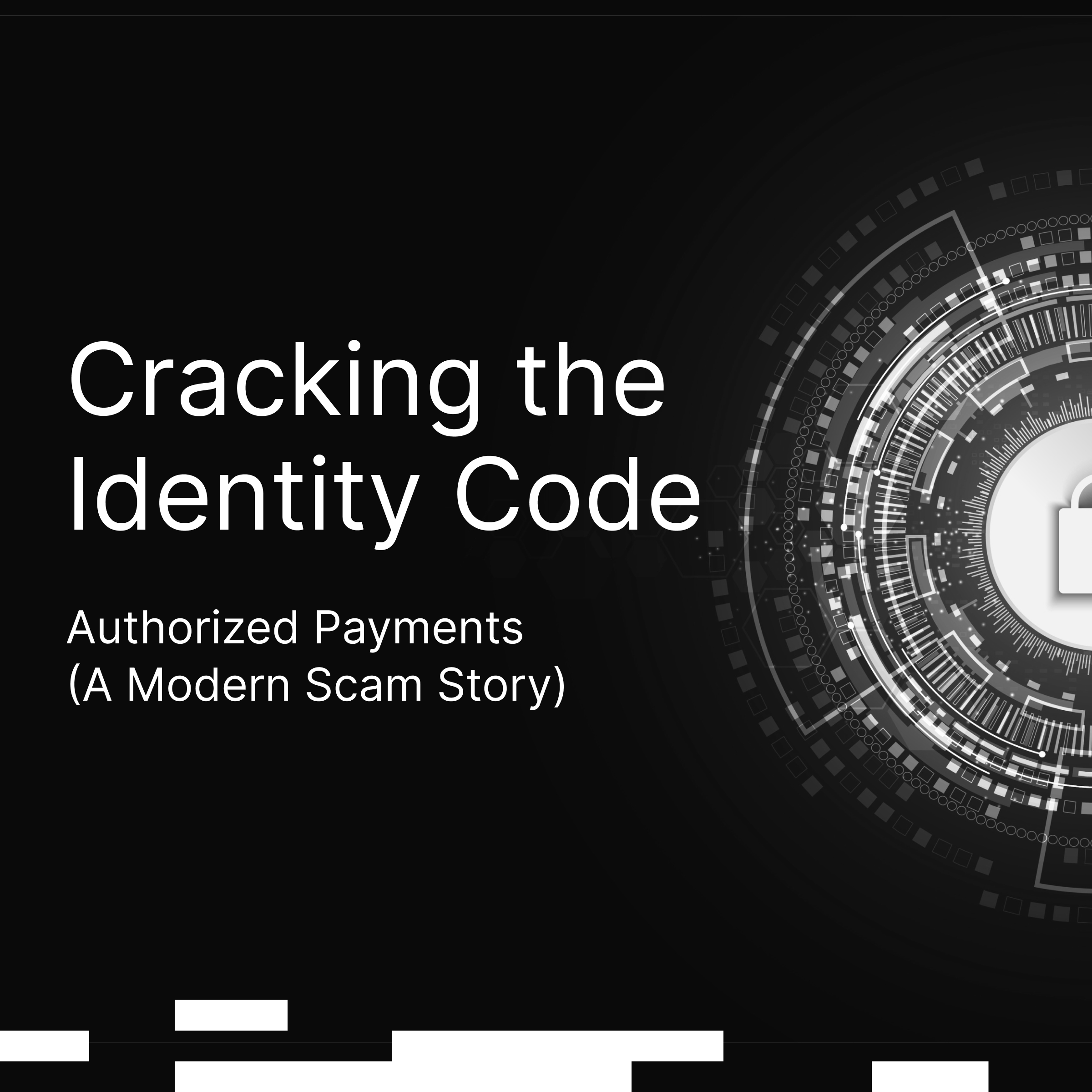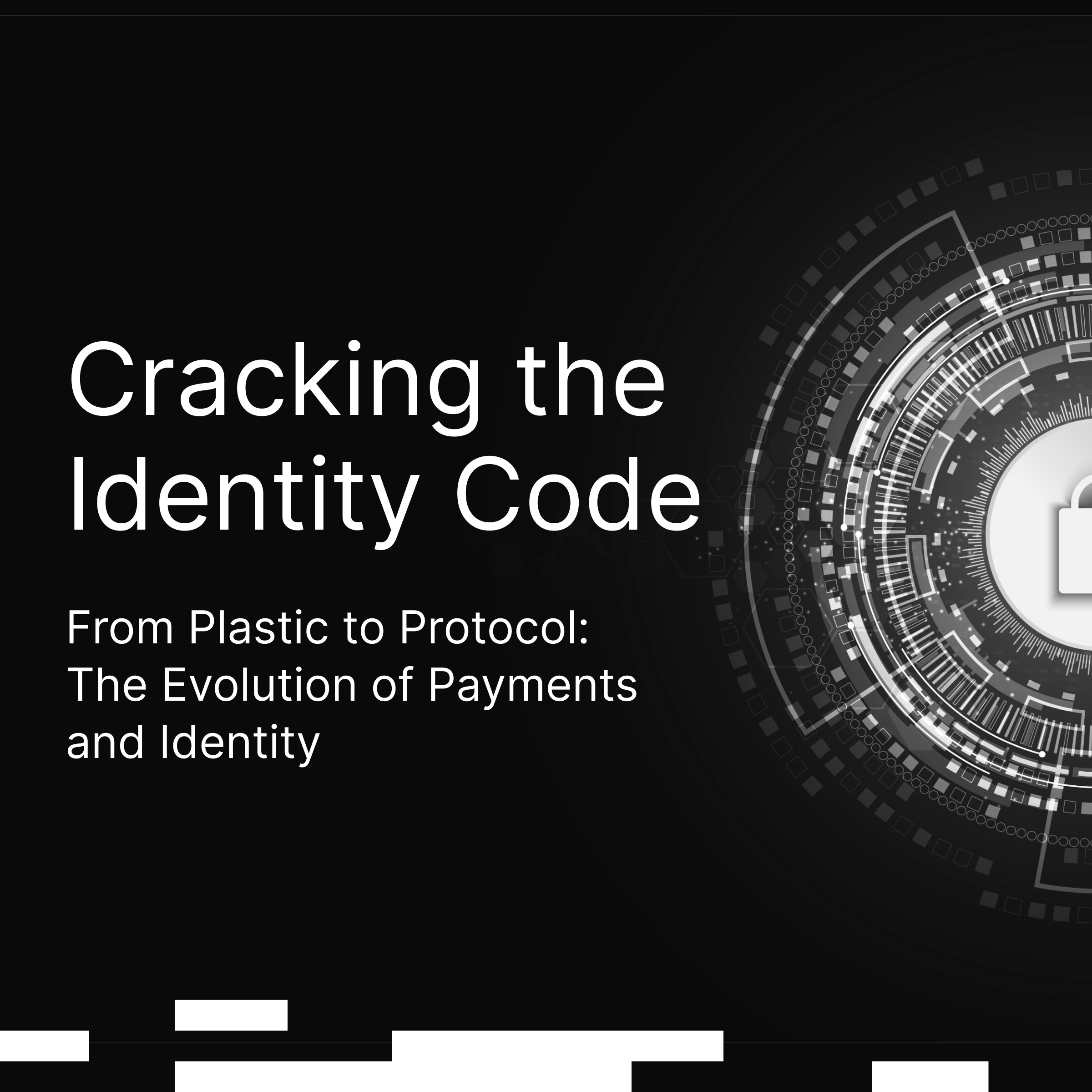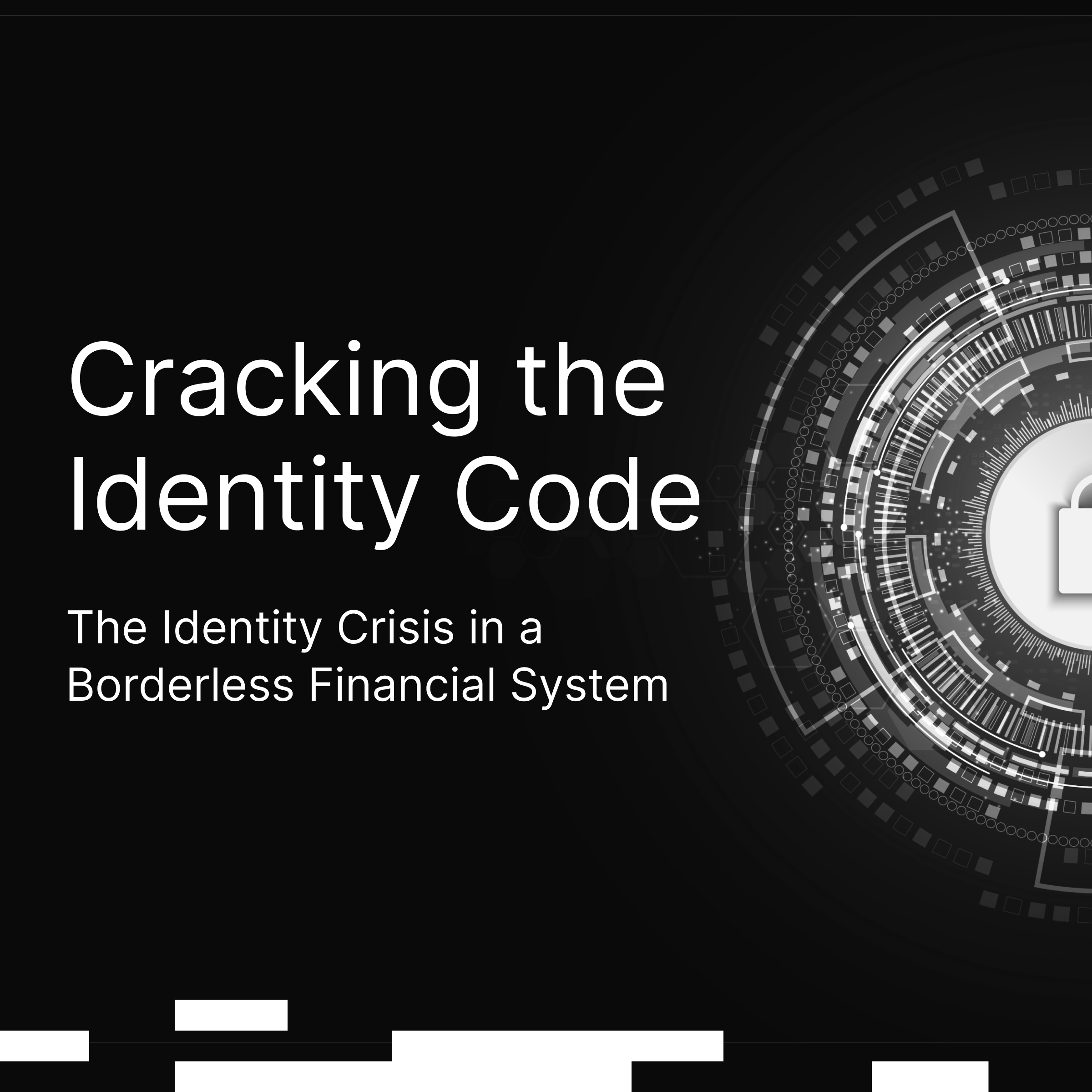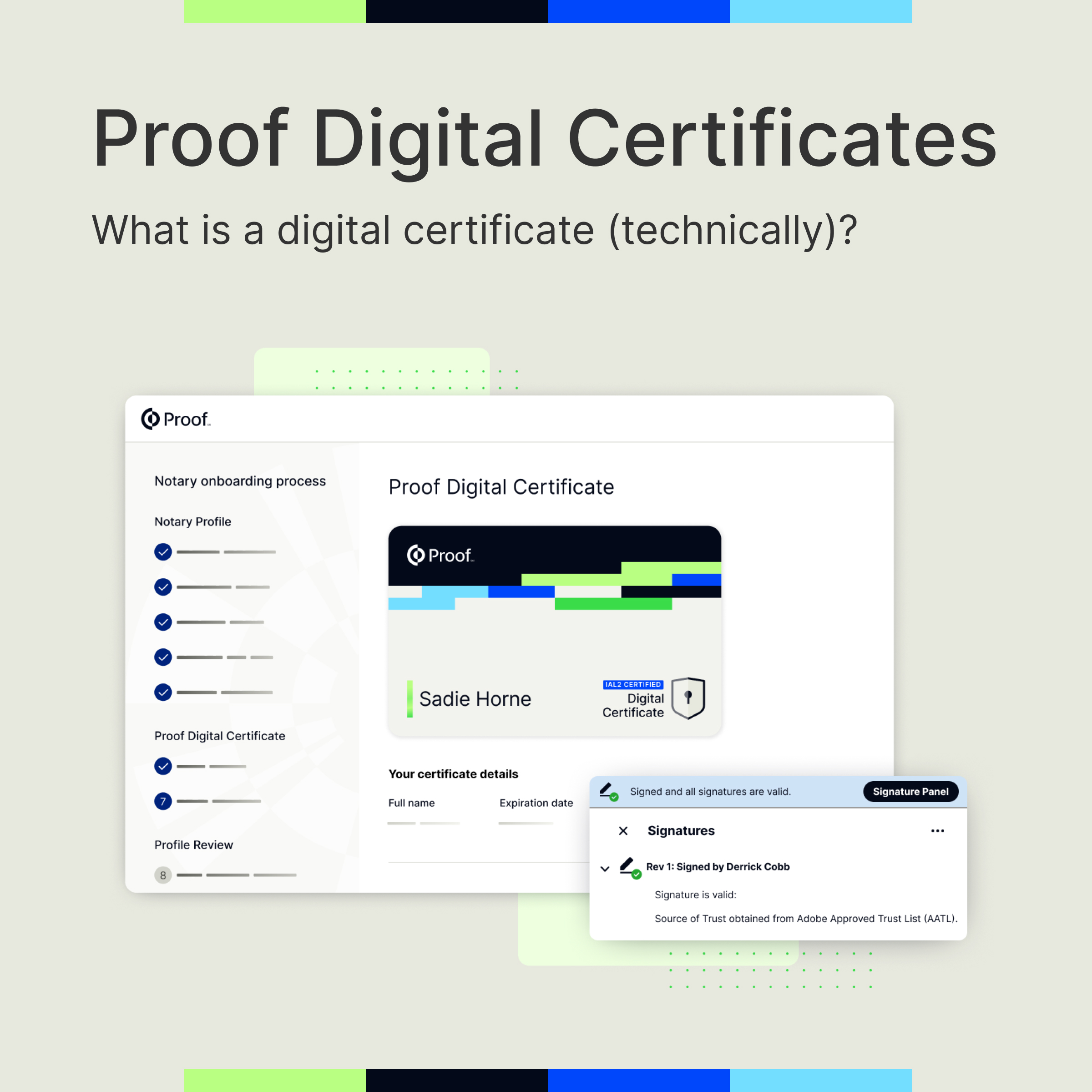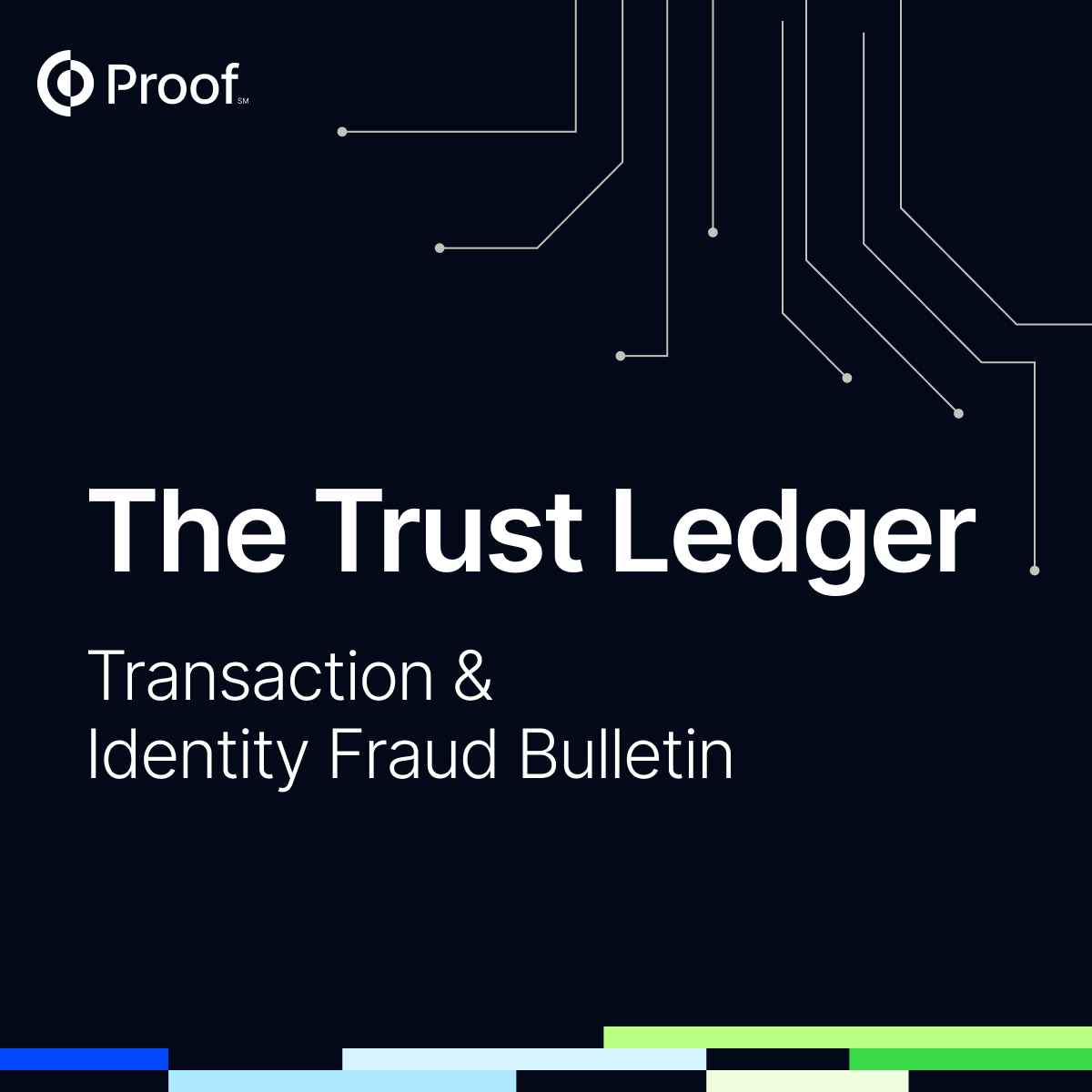Bringing Digital Security to the Real Estate Closing Table


Fraudsters are getting bolder—and more sophisticated. In real estate, seller impersonation scams have gone from rare anomalies to a rising threat, with nearly a third of title companies reporting incidents in 2023. Yet while most fraud defenses focus on remote transactions, in-person closings are just as vulnerable—and often less protected.
So how do you bring the same level of security from your digital workflows into the closing room? Let’s talk about it.
Why In-Person Doesn’t Mean Immune
It’s easy to assume that being face-to-face with a signer is safer. But today’s fake IDs, forged documents, and synthetic identities can easily fool the naked eye—especially when you’re juggling licenses from 50 states, each with different formats, barcodes, and security features. And unlike remote transactions, in-person closings rarely include credential scanning or selfie verification.
The risk? One forged ID could compromise your entire transaction, expose you to liability, and erode client trust.
Bringing Digital Trust into the Room
Proof customers are bridging that gap - adding lightweight, high-assurance identity checks to their in-person workflows without slowing down the signing experience. Whether it’s placing a reusable QR code at your reception desk or sending a link ahead of the appointment, these tools give you digital certainty in a physical world.
With Proof, you can layer digital identity checks into your in-person closings,without adding friction:
- Clients scan a QR code or open a link, snap a photo of their ID, and take a quick selfie.
- Behind the scenes, the system runs advanced credential analysis and facial matching to confirm the person is who they say they are.
- You get a complete identity report to support compliance and back you up if questions arise later.
It takes just a few minutes - but gives you lasting confidence in every transaction.
Designed for Flexibility—And Real Life
You might have some practical questions. Luckily, we’re here to help.
- What if a signer doesn’t have a mobile phone? (No problem—laptops and tablets work too.)
- What about IDs that vary by state or even county? (We scan for 100+ signals across barcodes, photos, and document structure to detect inconsistencies.)
- What if someone refuses to complete the process? (You stay in control—you can choose to proceed, flag the file, or escalate for further review.)
And while identity fraud affects many industries, real estate professionals face especially high stakes. Title agents, brokers, lenders, and real estate attorneys all need a reliable way to verify identities—whether the closing is happening online or in person.
The bottom line: this isn’t about replacing your team’s judgment—it’s about giving them a consistent, secure line of defense across every transaction, all in one place with Proof.
See Proof in Action
If you want to see exactly how this works - what your clients experience, what you receive as verification, and how easy it is to roll out - we encourage you to watch our webinar on demand: How to Secure In-Person Closings From Identity Fraud. It includes a live demo of Proof’s identity verification tools, as well as tips for incorporating them at any point in your workflow: before the order opens, during check-in, or at the closing table itself.
The threats aren’t slowing down, but neither are the solutions. WIth Proof, you’ll stay one step ahead of fraud and one step closer to safer, smarter closings.






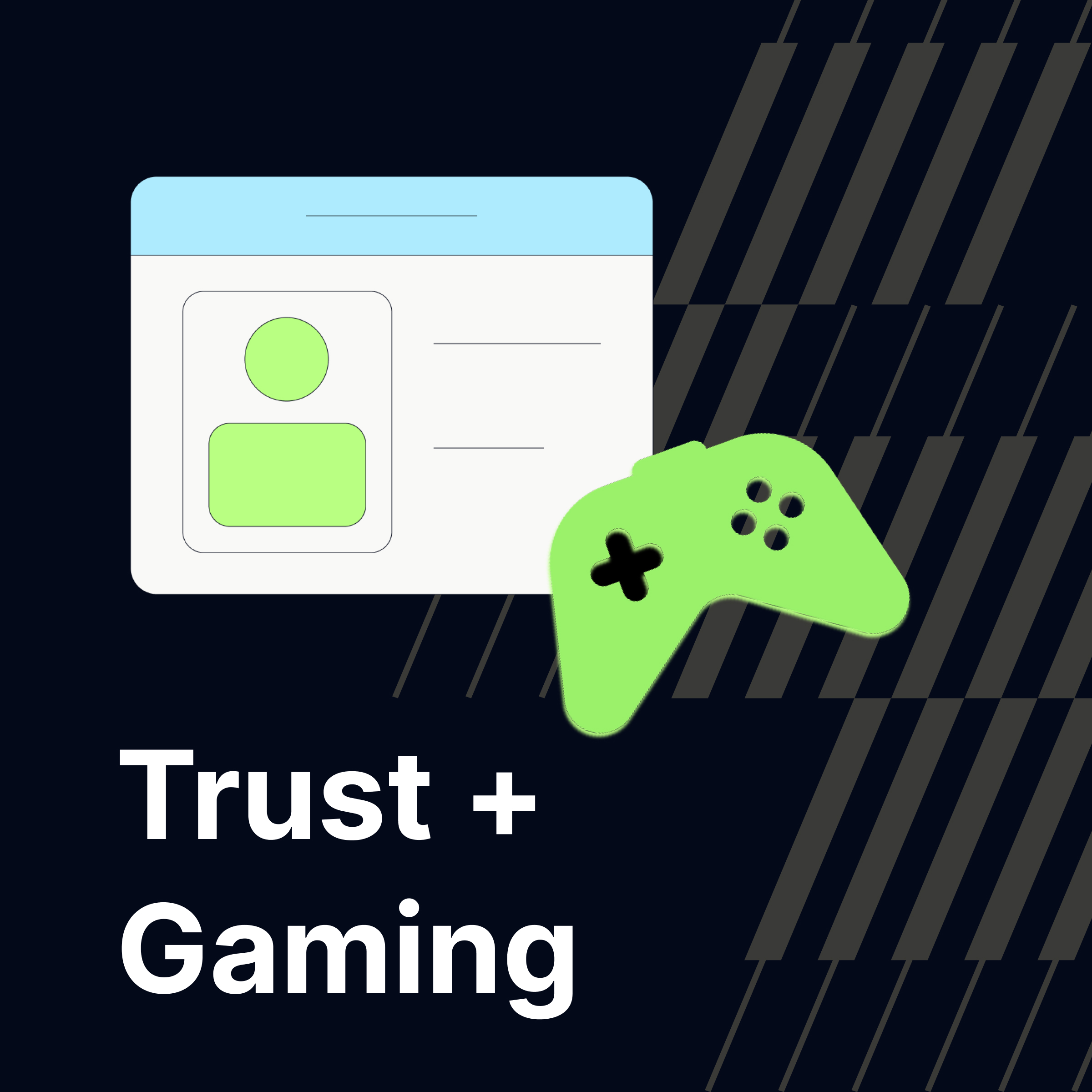

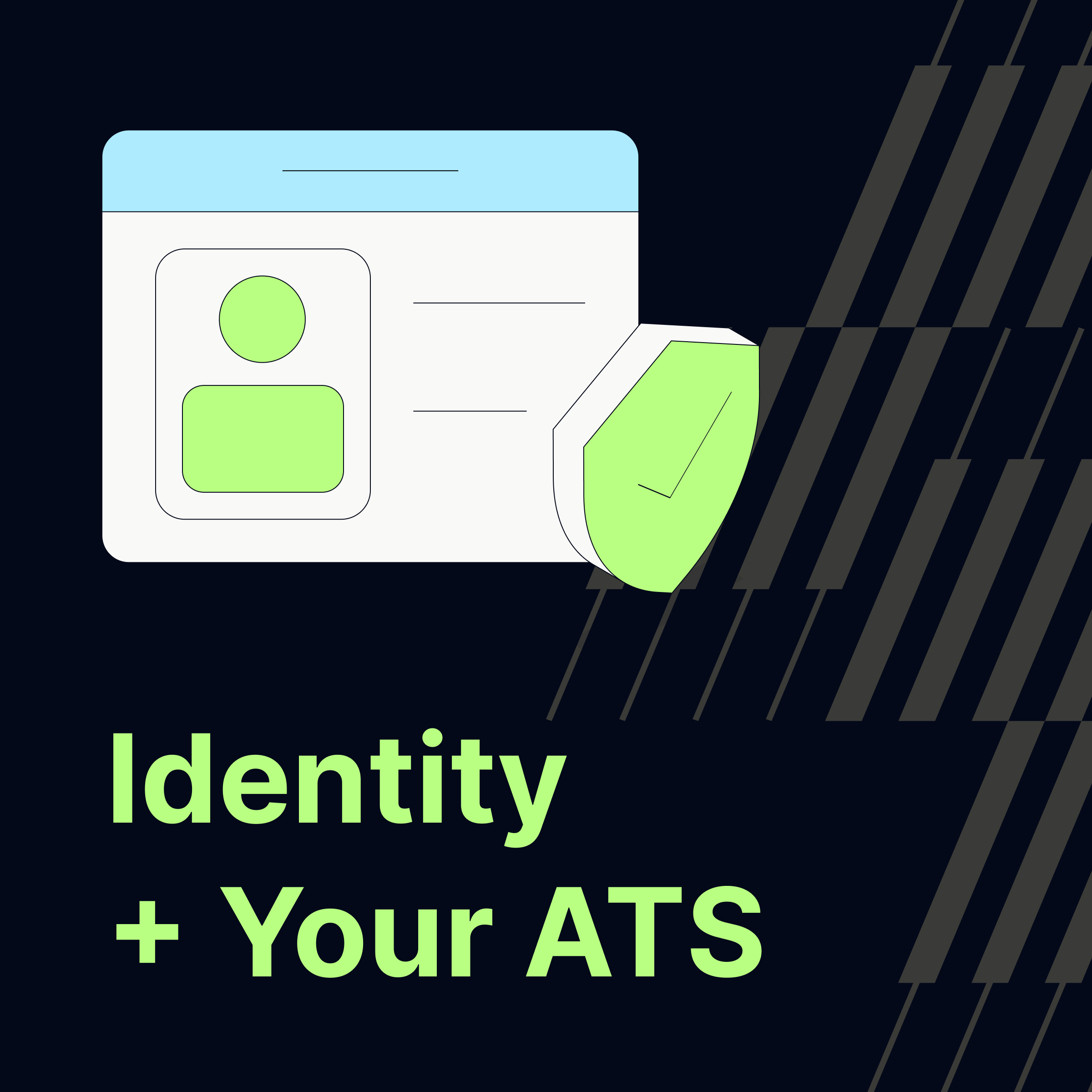

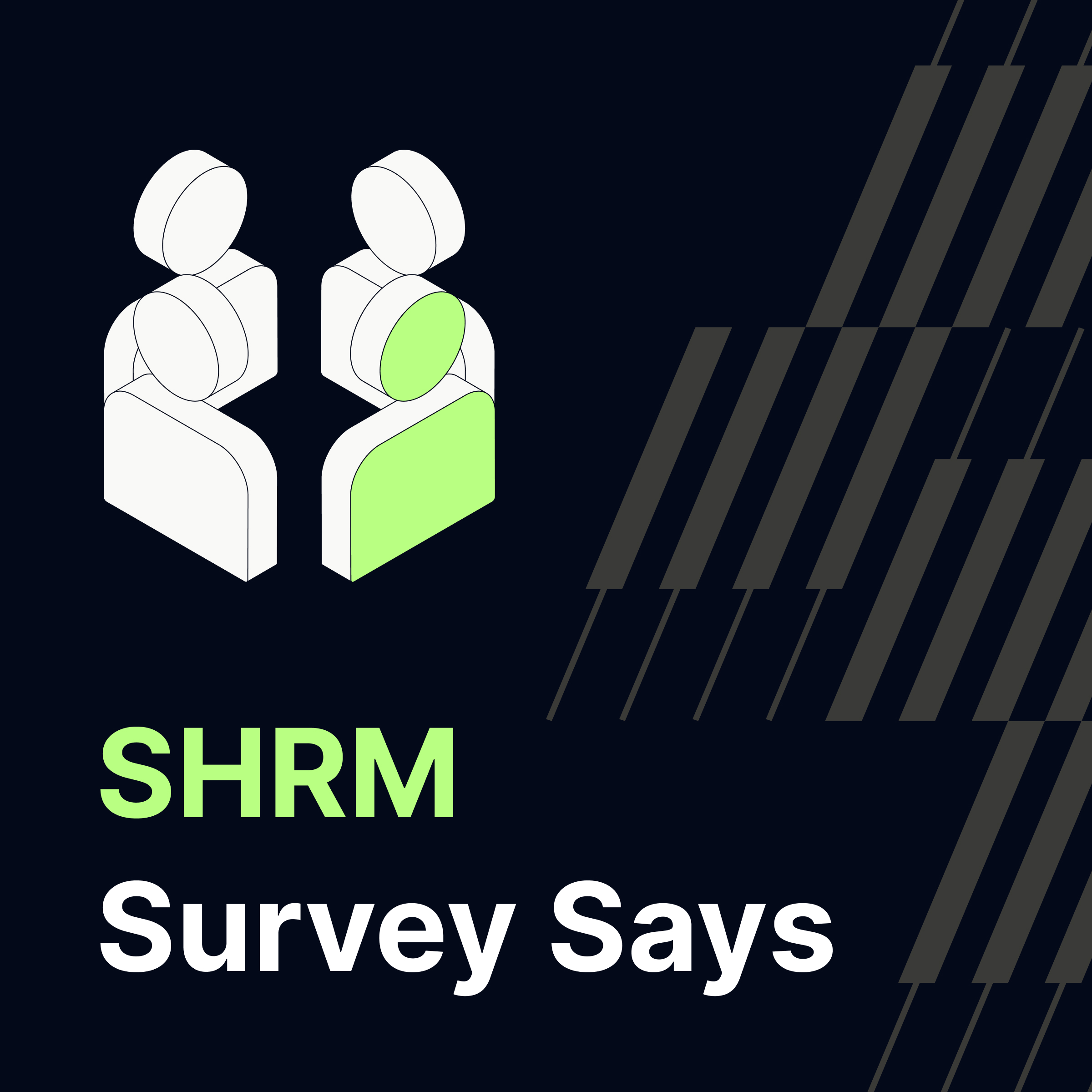

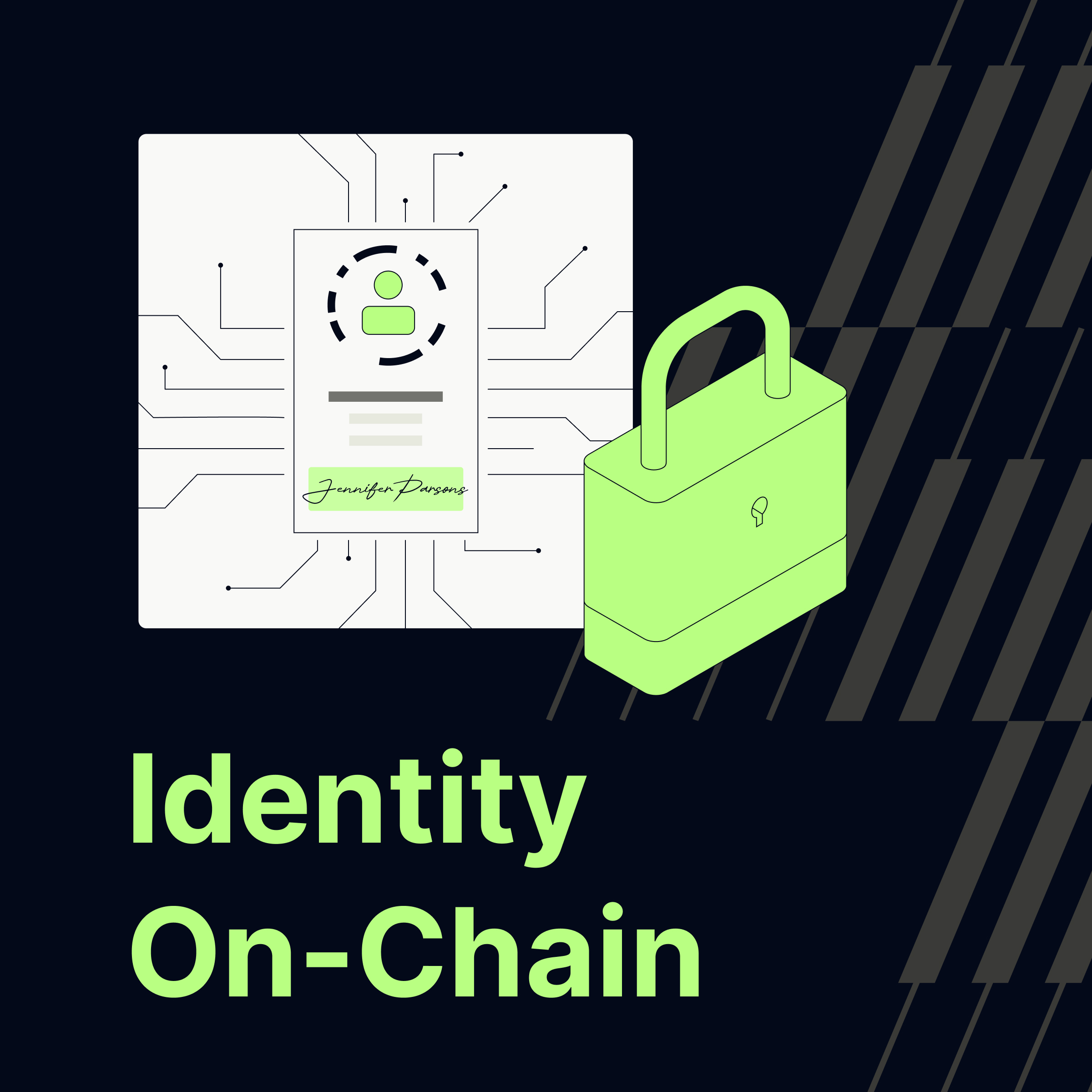

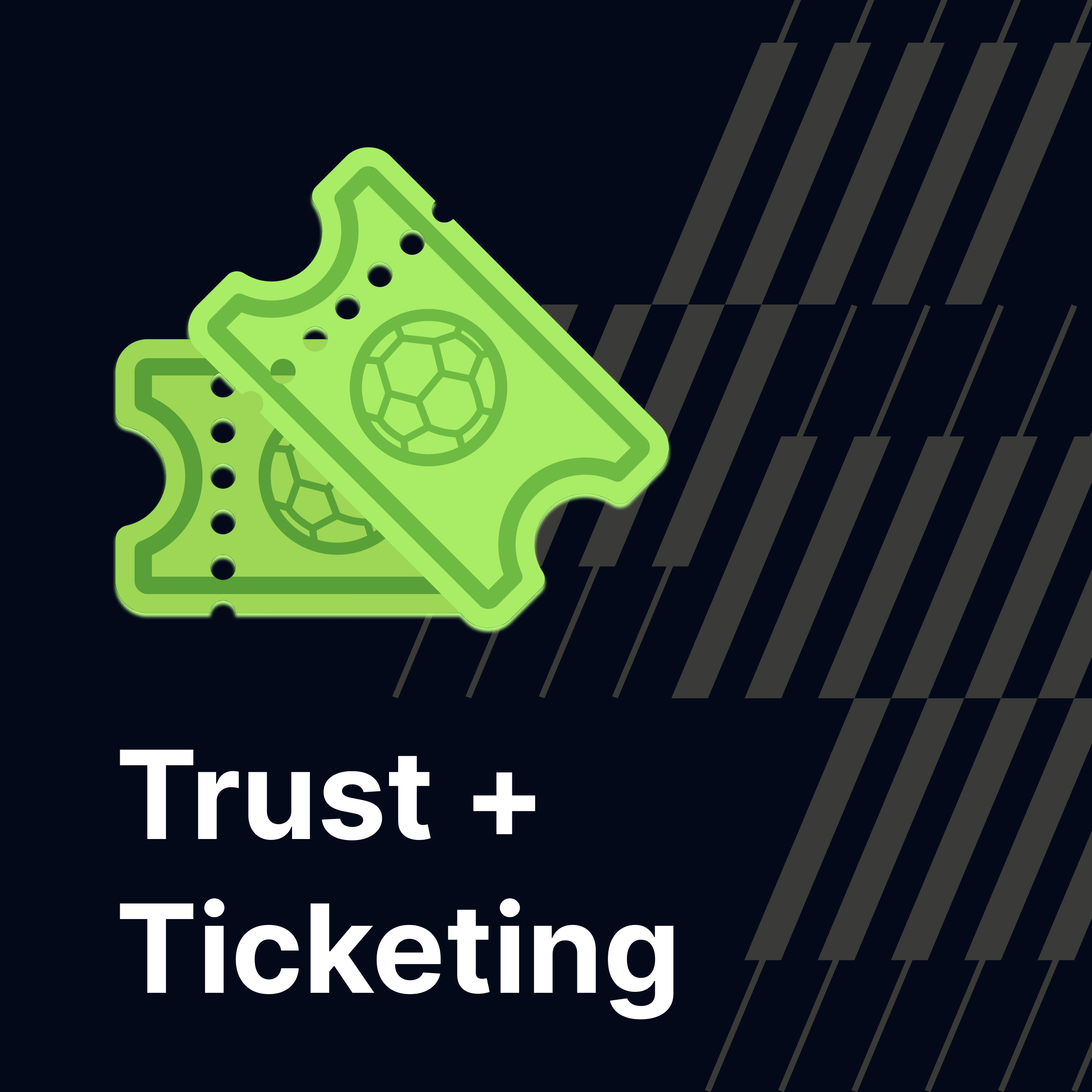

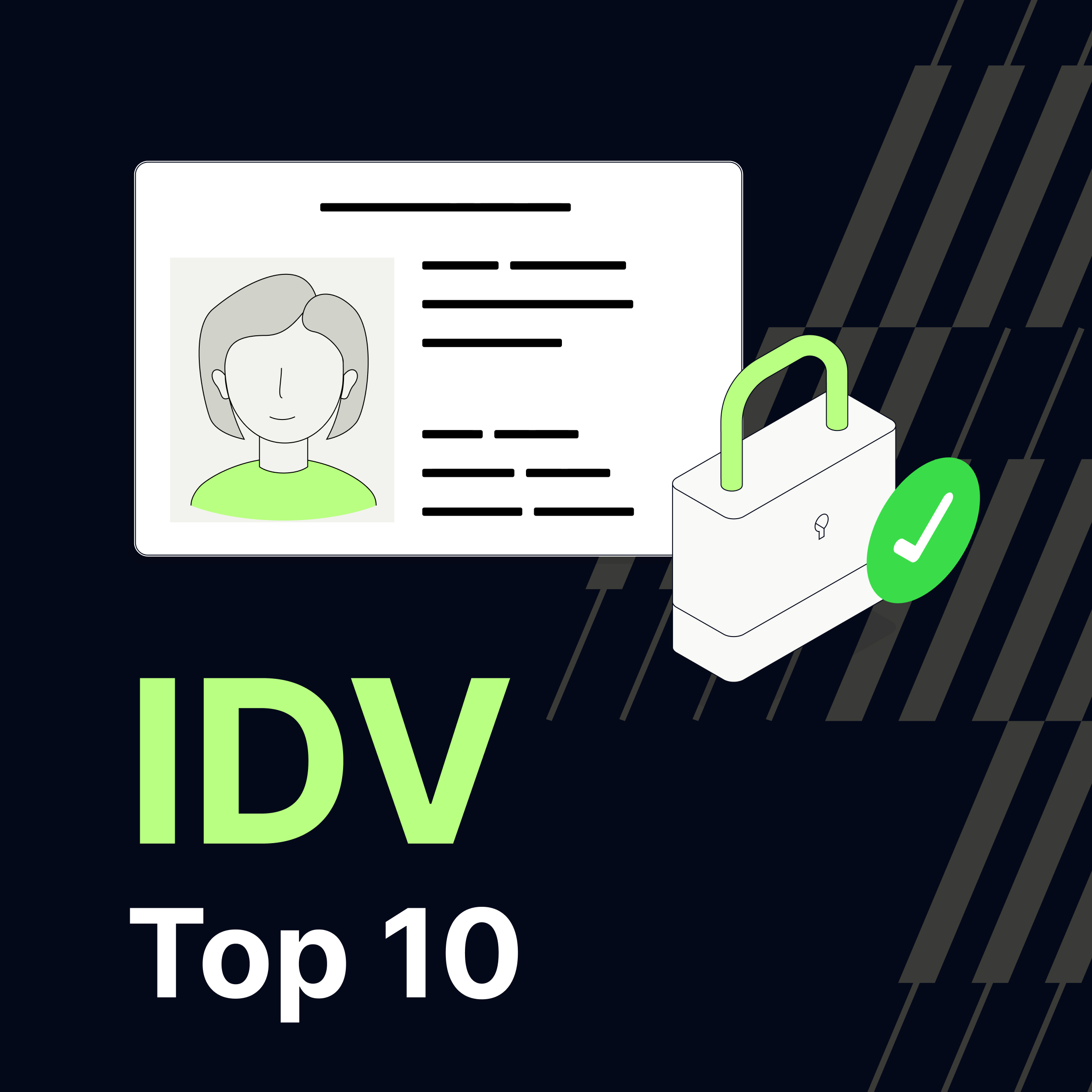













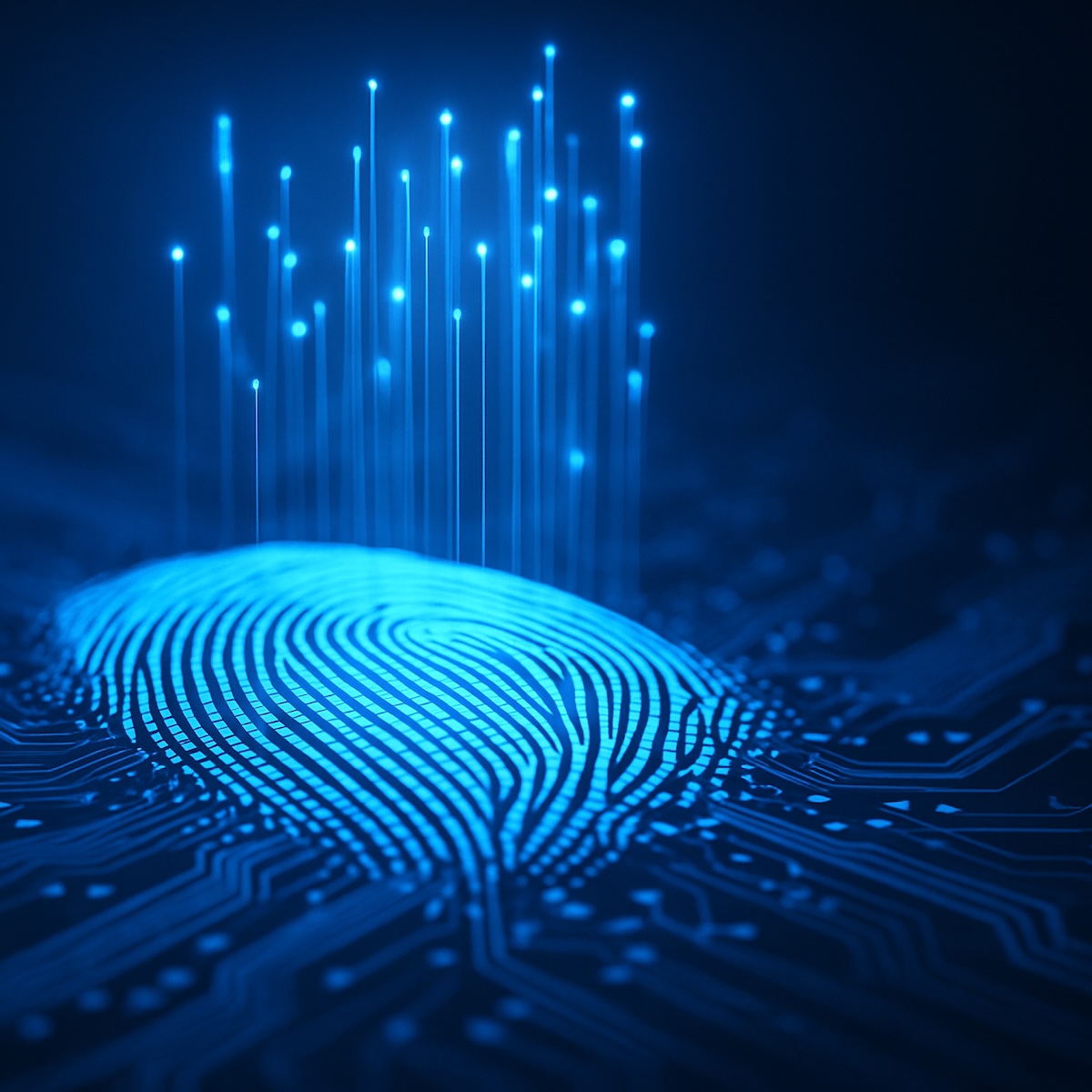













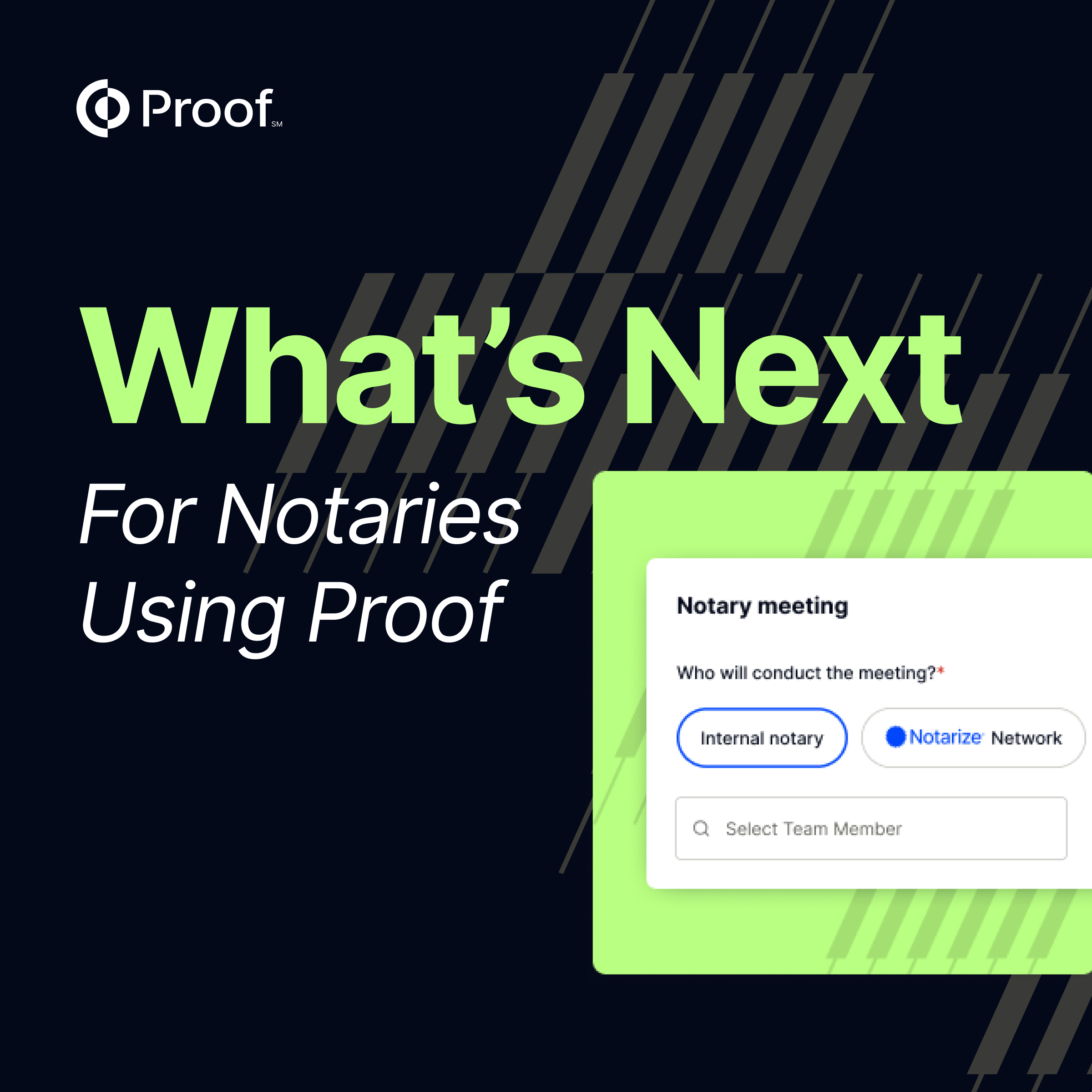





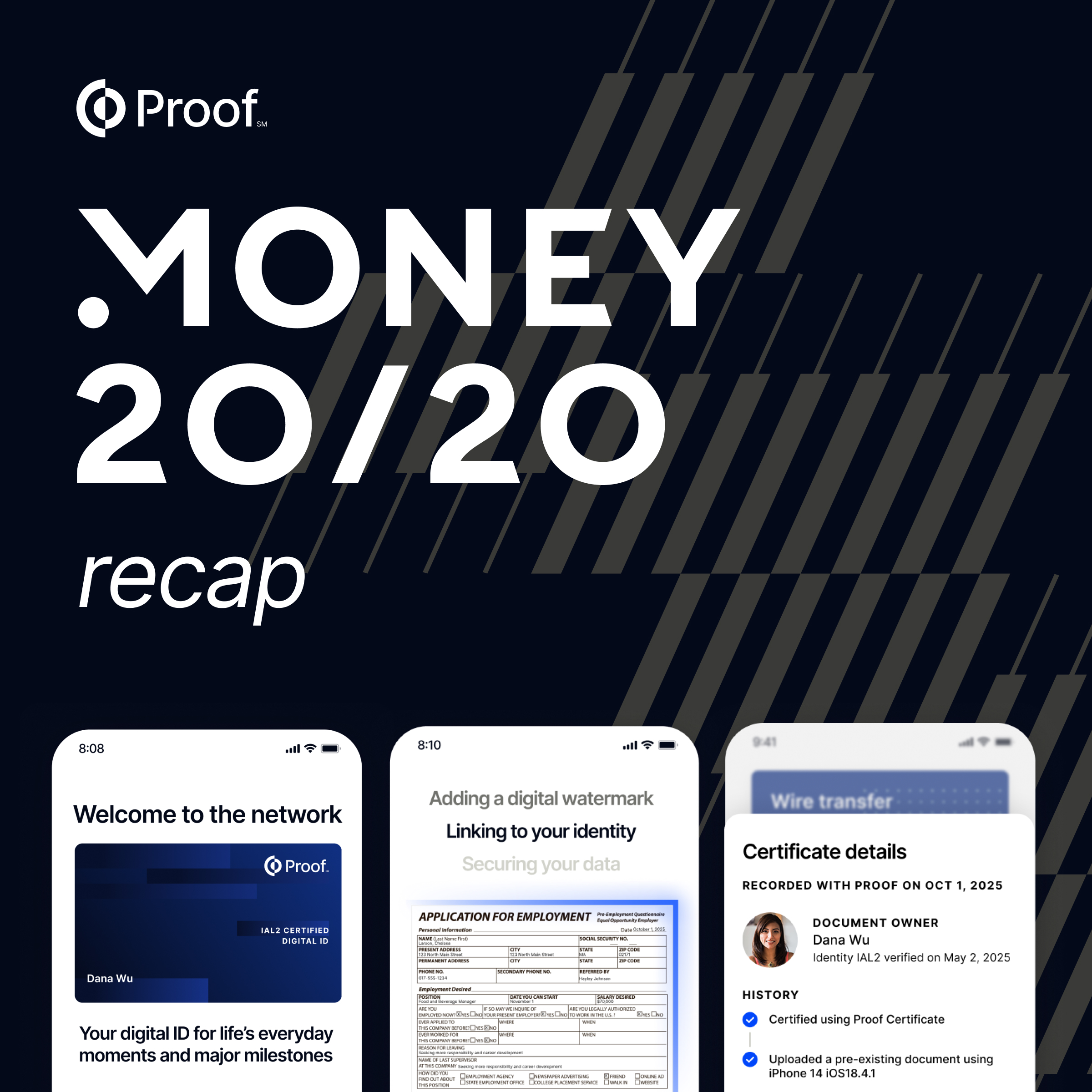


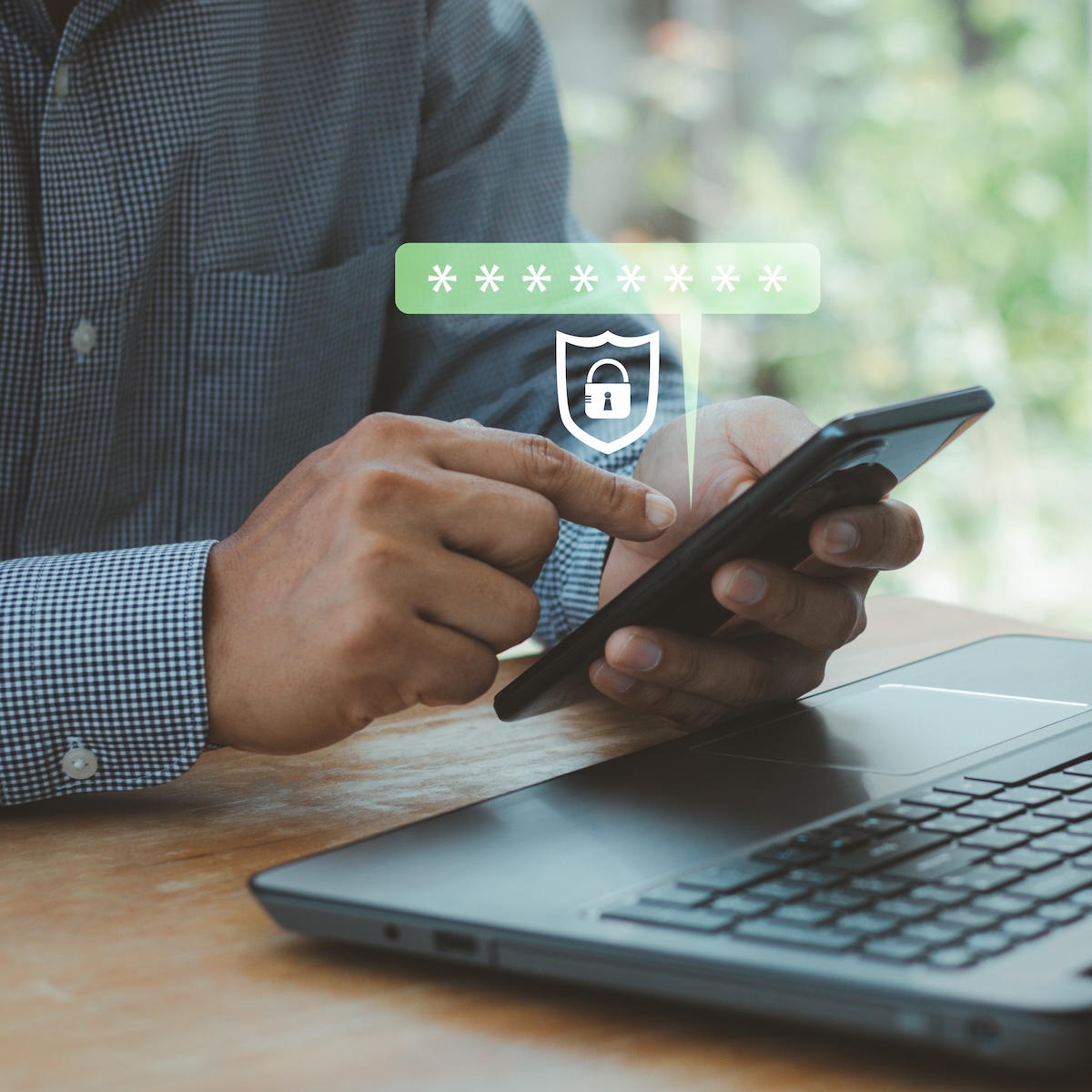

.png)


.jpg)
